When we talk about honey – a natural non-sugar sweetener used in millions of households for many centuries, it is not only an additional taste-enhancing ingredient in the human diet but also a medication. However, honey can be sourced and produced in a different way hence varying in its quality, ethical problems, and efficacy. This blog post talks about the effects of organic honey and why people should be careful when they are buying it. Keep reading!
Understanding Ethical Beekeeping Practices
Ethical beekeeping prioritizes the well-being of bees and ecosystems through sustainable practices:
-
Sustainable Habitat Management:
Apiarists use different plants to accommodate bees and other pollinators for their benefit and conservation.
-
Responsible Harvesting:
It is collected on average to maintain the strength of the colony and also cycles of production as they are natural.
-
Chemical-Free Practices:
Exclusion of such negative chemicals is important in acquiring good quality honey and at the same time, safeguarding the bees.
-
Gentle Bee Handling:
Precautions are made to avoid the stress that may be encountered when inspecting the bees and during honey collection.
-
Community Education:
Outreach programs assist in creating awareness in society on the need to conserve bees and how proper bee farming is done.
These are associated with certifications like organic labels to ensure they are ethical in their business. It is a practice that not only preserves bees and honey quality but also is virtuous from the ethical points of view of the environment and sustainable agriculture.
Impact on Honey Quality and Purity
The honey that is collected through ethical methods is considered to be of better quality and free from any contamination due to the methods used. It preserves more nutrients and natural flavors than the commercially processed ones that are available in the market. Impact on Honey Quality and Purity includes:
-
Higher Quality Standards:
Standards: Organic honey is harvested and processed in a way that must meet specific standards of ethical production to retain its natural properties.
-
Minimal Interference:
Surprisingly, while most honey on the market is subjected to very high temperatures and filtering, ethical practices maintain nutritional values and enzymes.
Health Benefits of Ethically Sourced Honey
Ethically sourced honey is more popular than normal honey due to its higher antioxidant content and additional nutrients. These properties are preserved by selective, sustainable harvesting and minimal processing to provide optimum nutrition compared to commercial counterparts. Health Benefits of Ethically Sourced Honey include:
-
Retained Antioxidant Properties:
Organic honey or raw organic kinds of honey are the best in terms of ethical sourcing since all its nutrients are conserved because they undergo minimal processing.
-
Enhanced Nutritional Value:
The least processing helps to preserve enzymes and pollen resulting in enhanced nutritional value.
Ensuring Authenticity and Traceability
While ethical honey production may not necessarily be organic, it focuses on accountability to ensure that consumers can confirm the origins of the honey and how it was produced. This minimizes the chances of producers or suppliers providing fake products in the market and provides consumers with genuine and organic honey sourced from ethical means. Ensuring Authenticity and Traceability includes:
-
Emphasis on Traceability:
Ethical honey production makes it possible for consumers to know honey’s journey from the hive up to the shelf which makes it more reliable.
-
Transparency in Production Methods:
This practice reduces the possibility of fake products in the market, thus making sure that the clients are getting the best quality of honey.
Environmental and Social Responsibility
Selecting honey that was sourced ethically also complies with the principles of sustainability and responsibility. Organic farming and fair trade practices are promoted through the consumption of honey and its products hence supporting healthy ecosystems and beekeepers’ fair earnings which enhances sustainable honey production. Environmental and Social Responsibility includes:
-
Promotes Environmental Sustainability:
There are different types of honey like organic honey which is harvested from naturally raised bees and has fewer chemicals in it and helps preserve the bees.
-
Fair Trade Practices:
Ethical beekeepers consider wages and working conditions to be important aspects and strive for sustainable living for beekeepers and their families.
Making Informed Purchasing Decisions
Consumers have a significant role in supporting ethical beekeeping practices by avoiding honey that is not certified organic or fair trade. Studying the source and methods further enriches the consumer’s decision-making and supports sustainable beekeeping. Supporting Ethical Beekeeping includes:
-
Seek Certifications:
Check for organic or fair trade logos on honey products because they point to the right practices of production.
-
Research Source and Production:
Knowledge of honey brands’ origin and how they are produced aids in making the right choices based on values and objectives for sustainability.
Conclusion
Finally, it is advisable to opt for honey that has been sourced responsibly as this ensures that it is of high quality and has health benefits, and supports the right practice when sourcing honey. Thus consumers who purchase honey that has been produced with care towards bees, the environment, and the surrounding communities are promoting a healthier system for everyone.
For those interested in purchasing honey products that are natural and free from exploitation, one should visit The Brown Living company where the quality of the products is very important. Check out various types of natural honey on the BrownLiving site to appreciate the effect of organic honey that is produced in an environmentally friendly way.
Check out Ethically Sourced Honey:

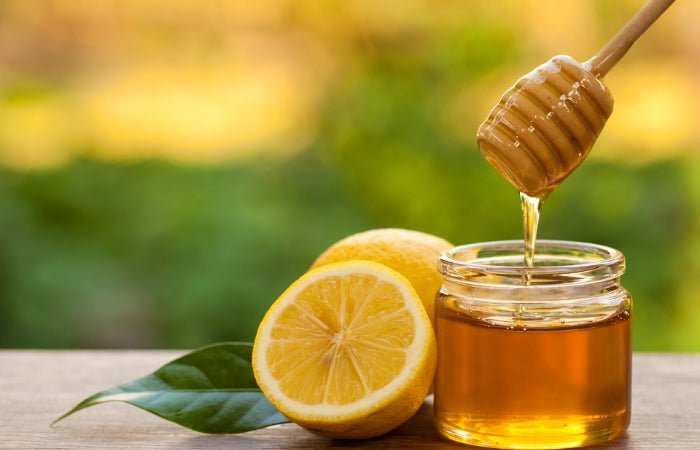






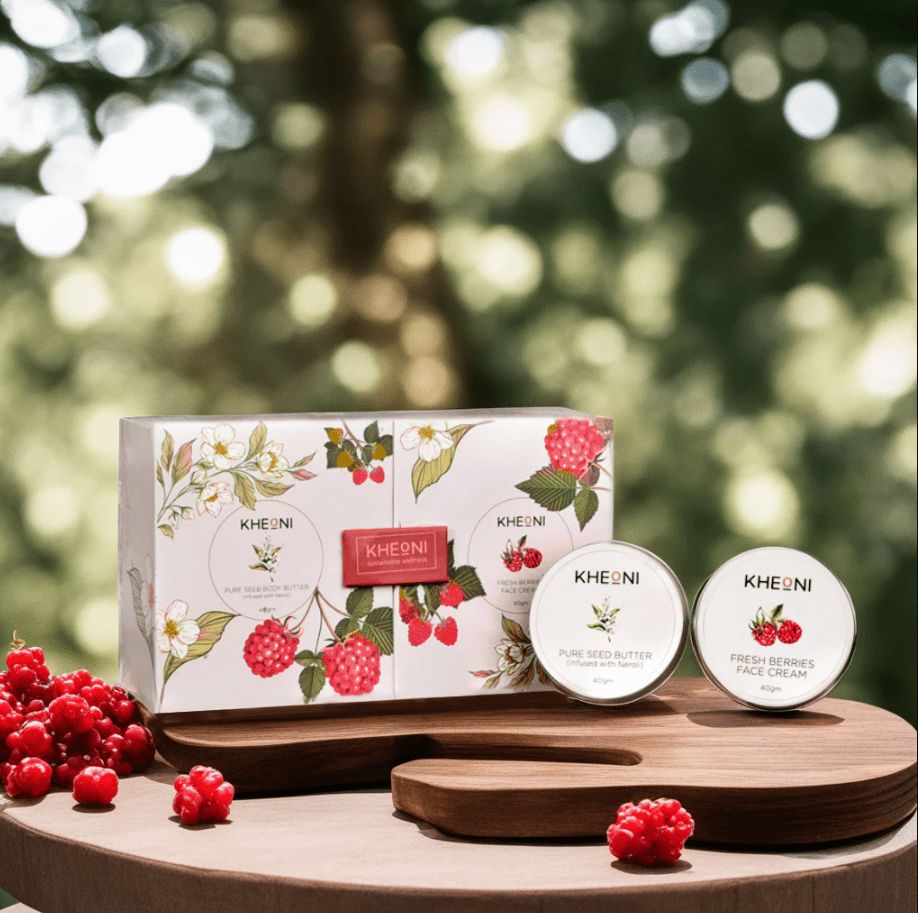
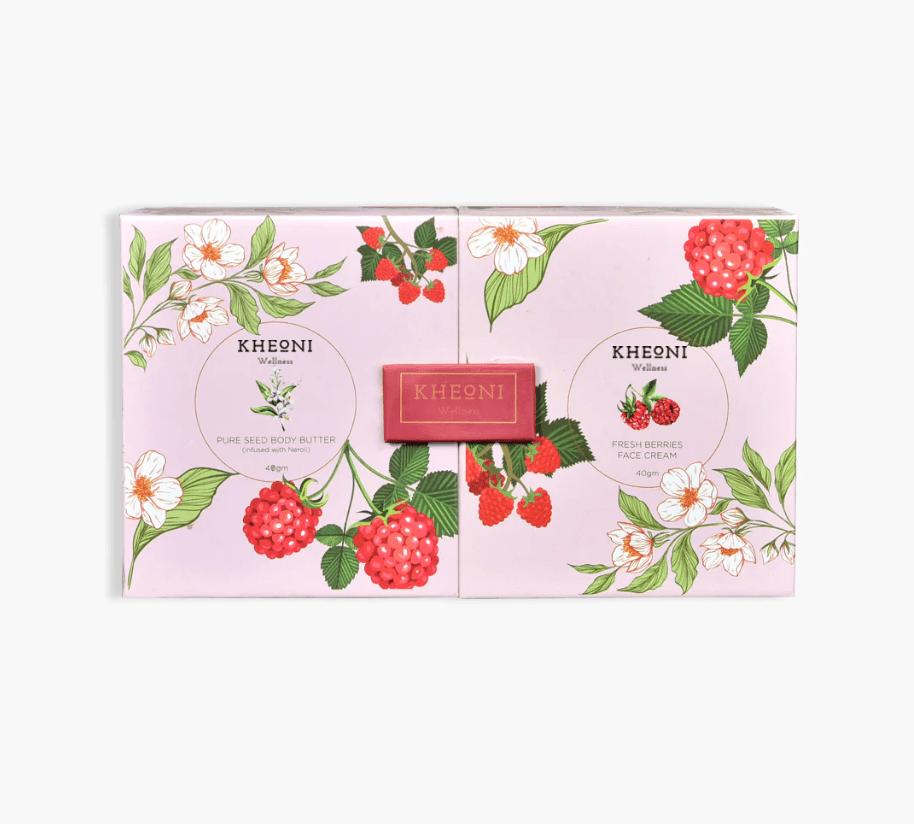
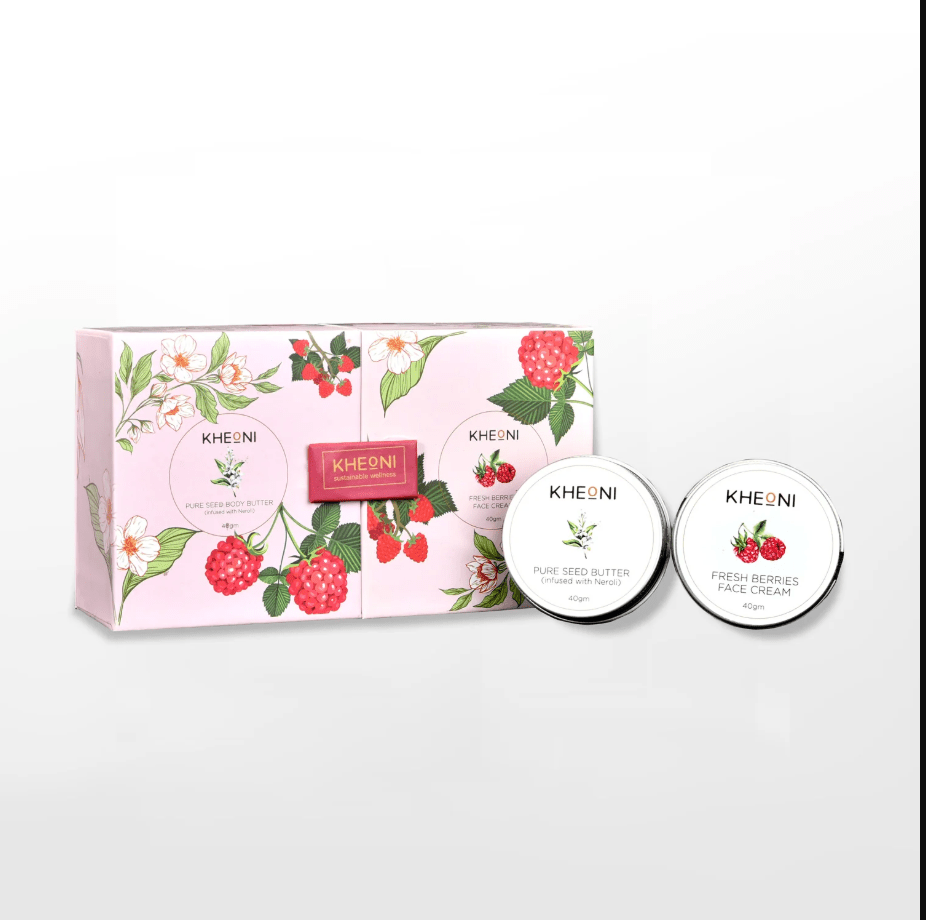









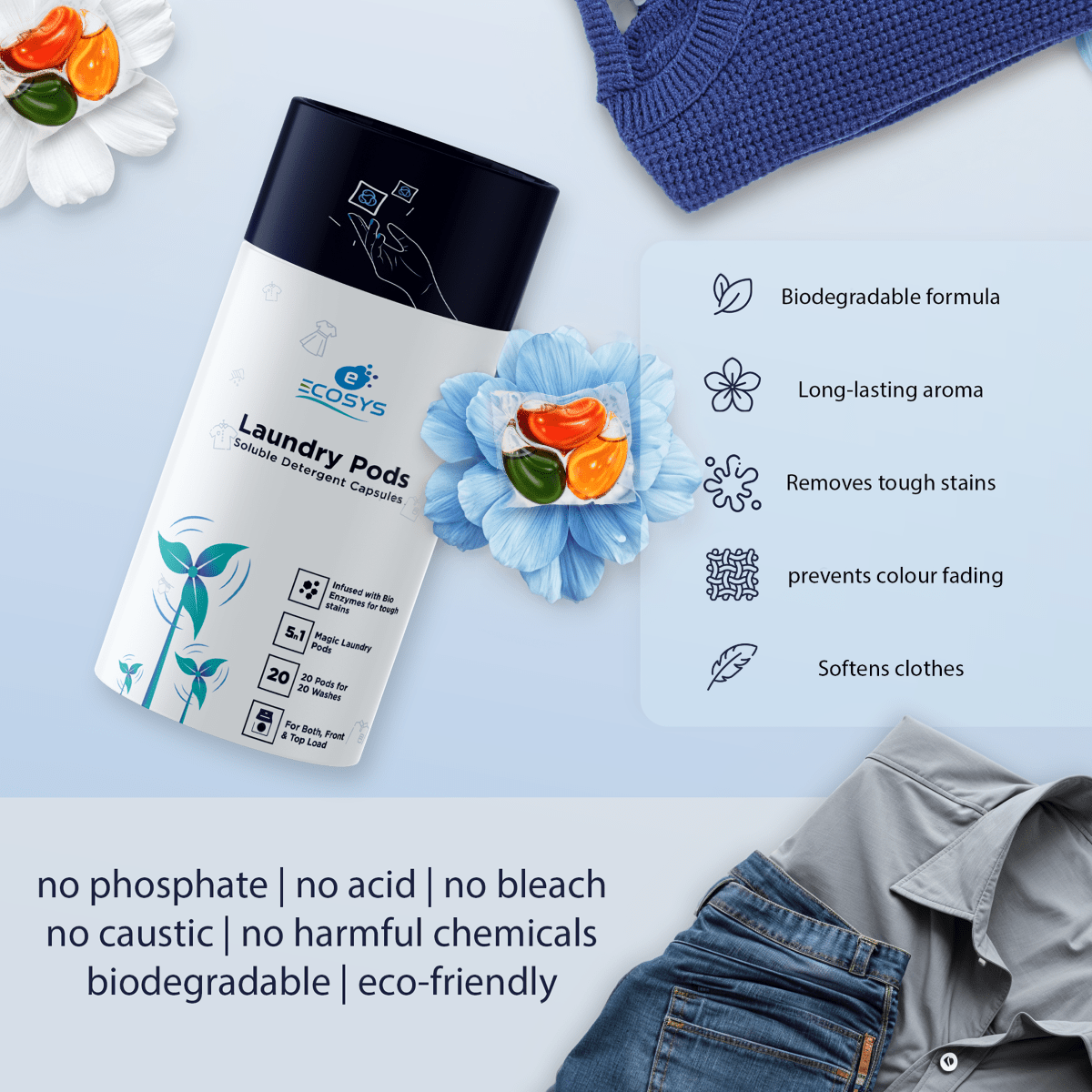

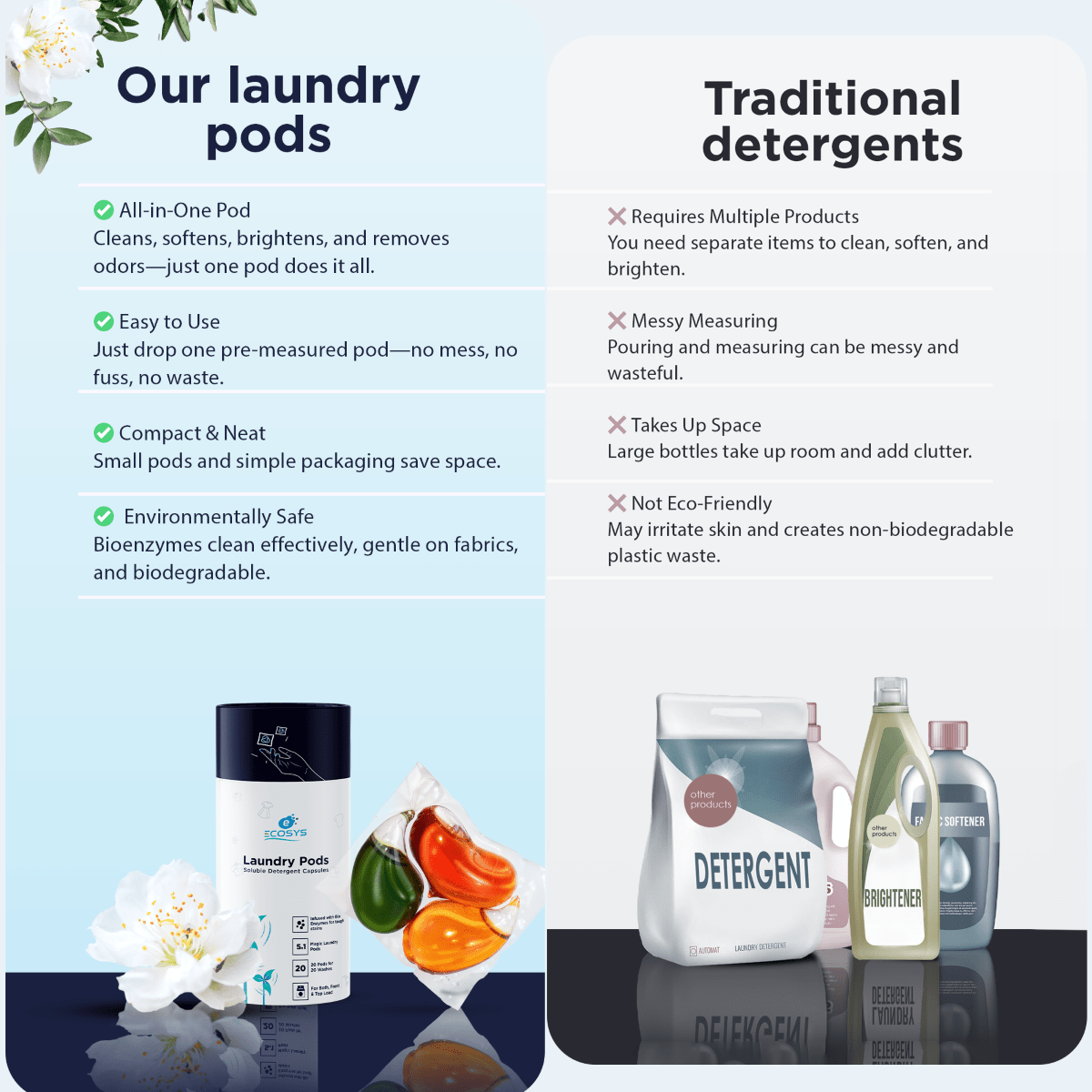

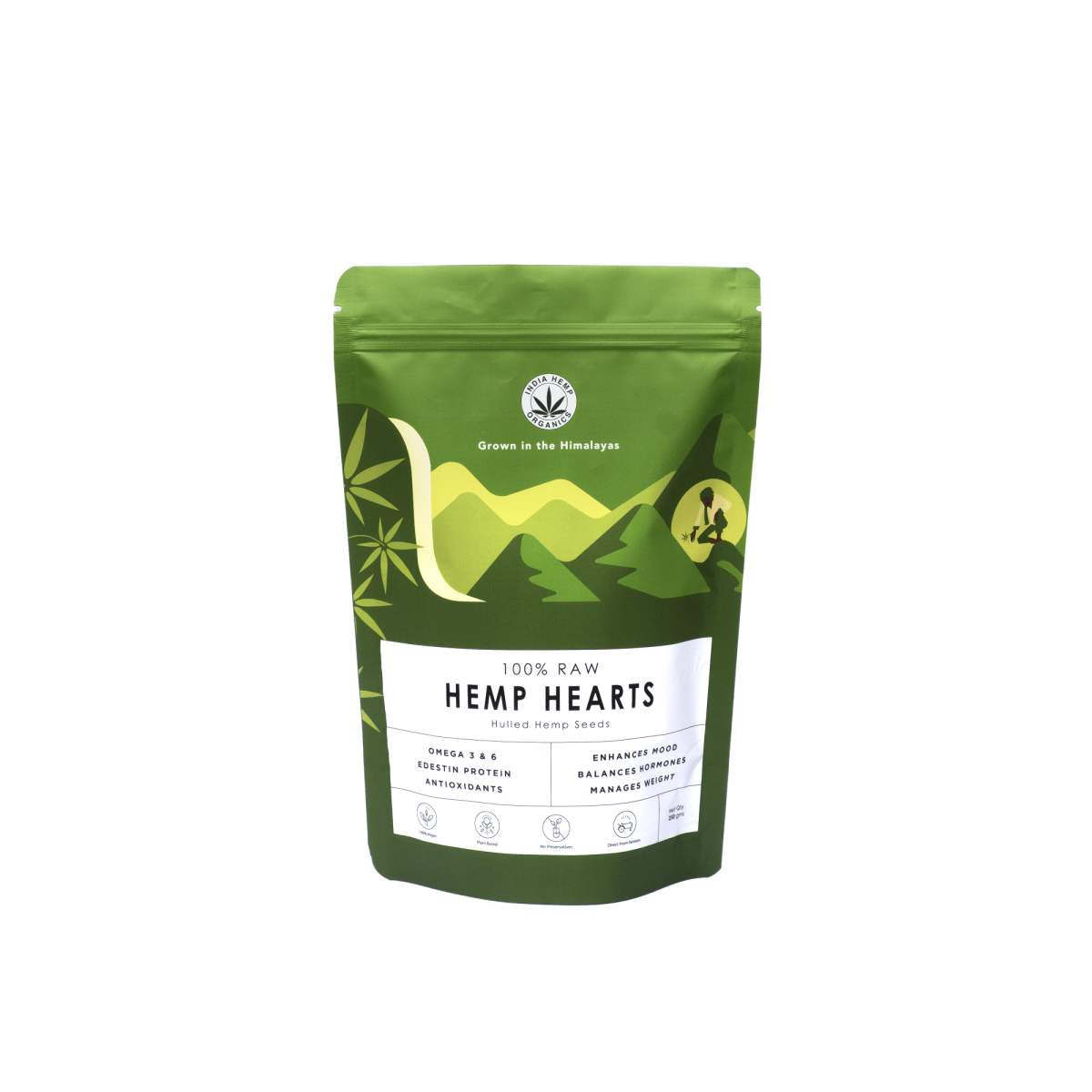
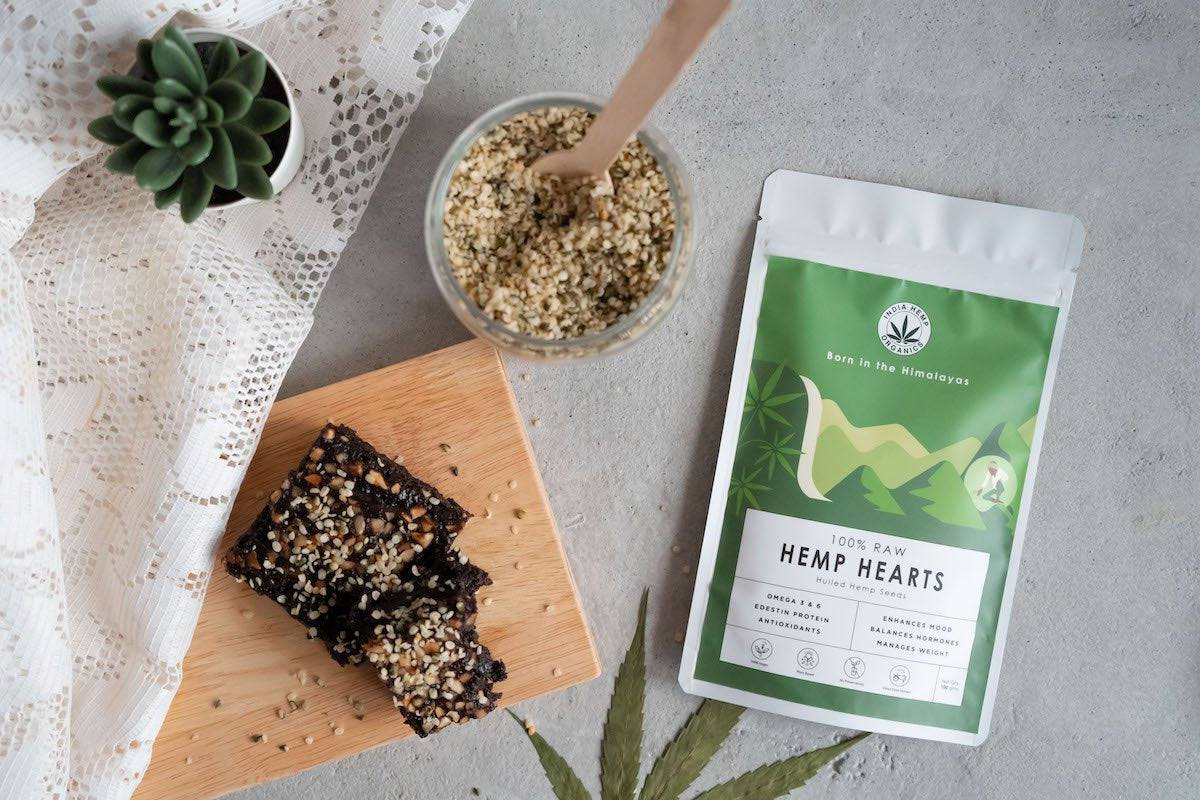
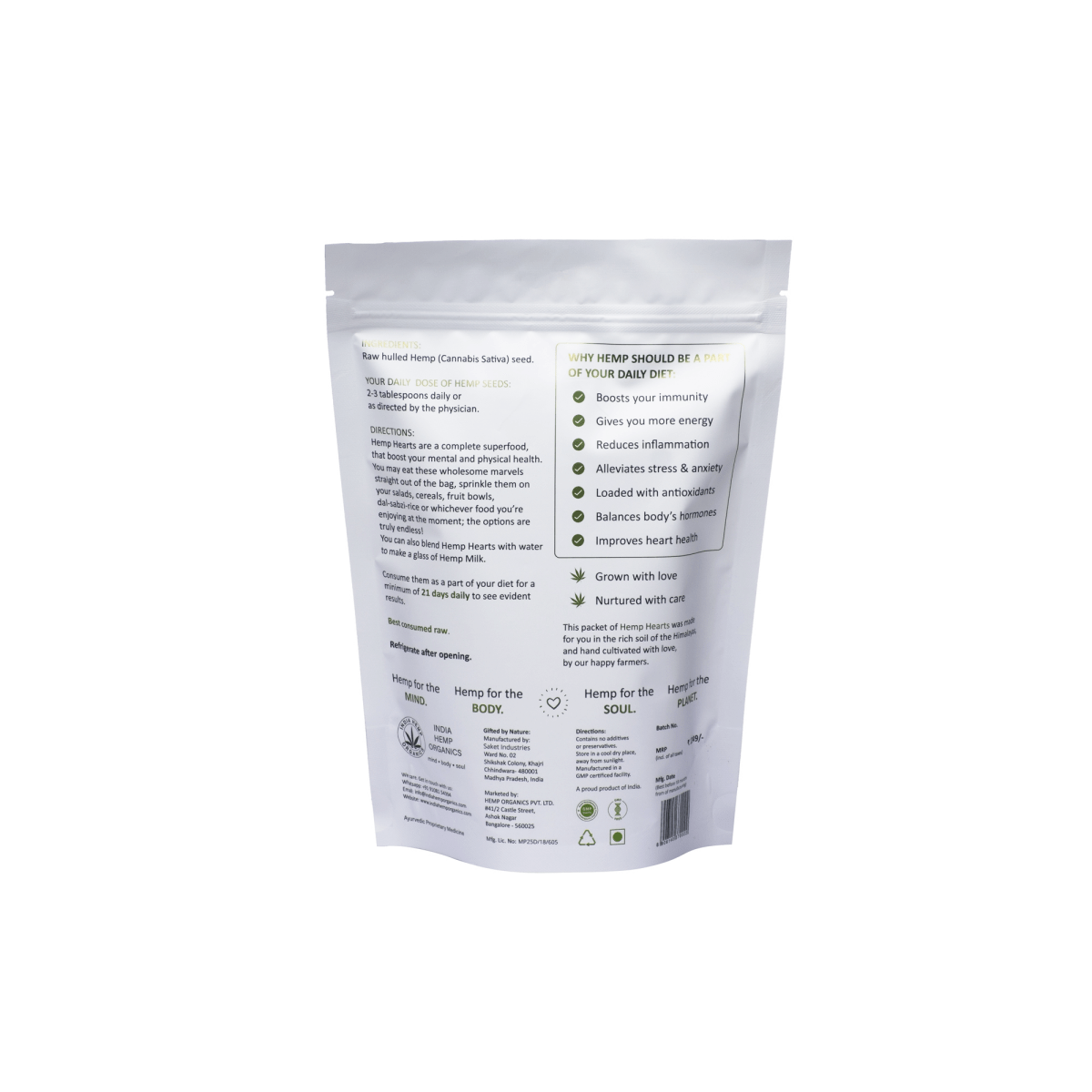

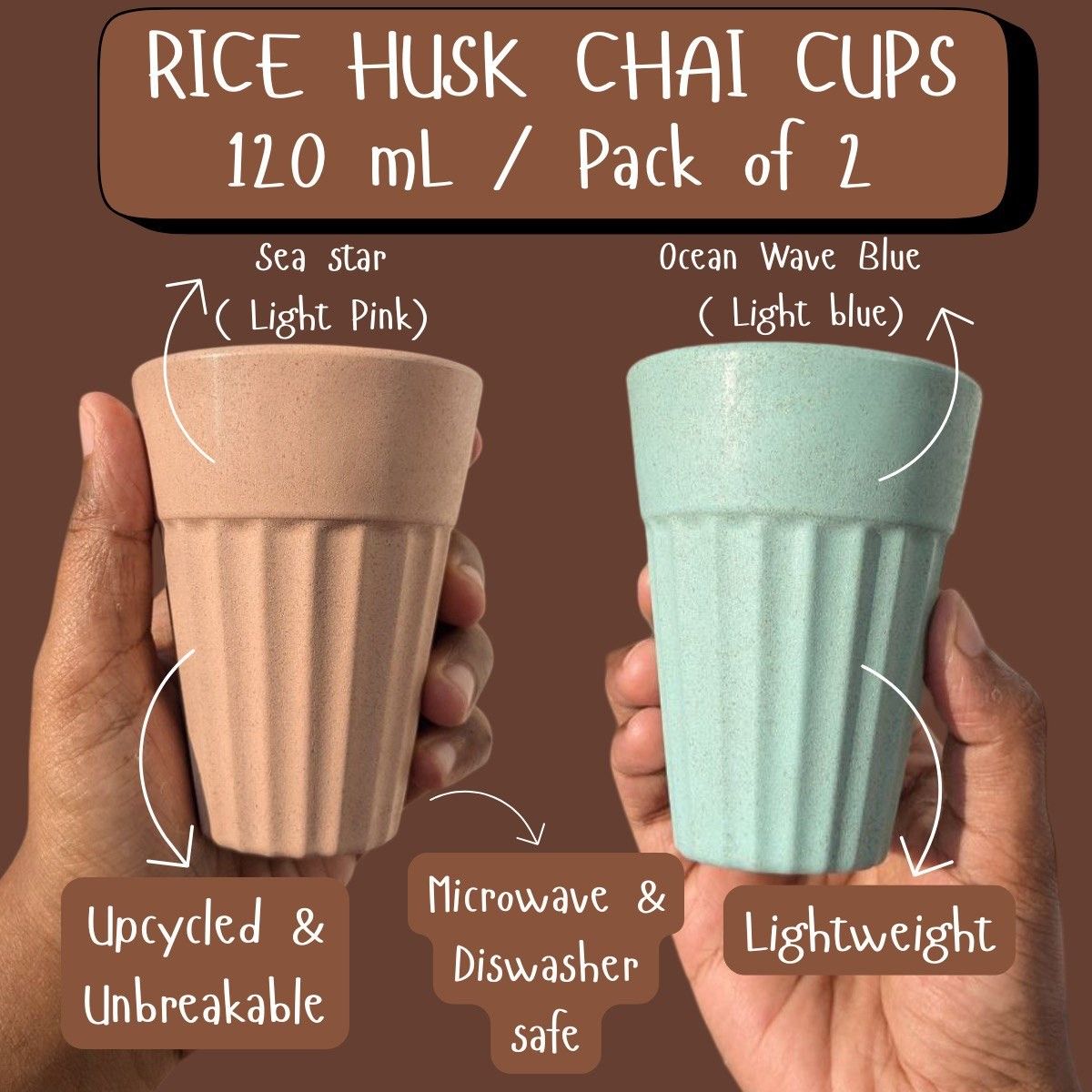
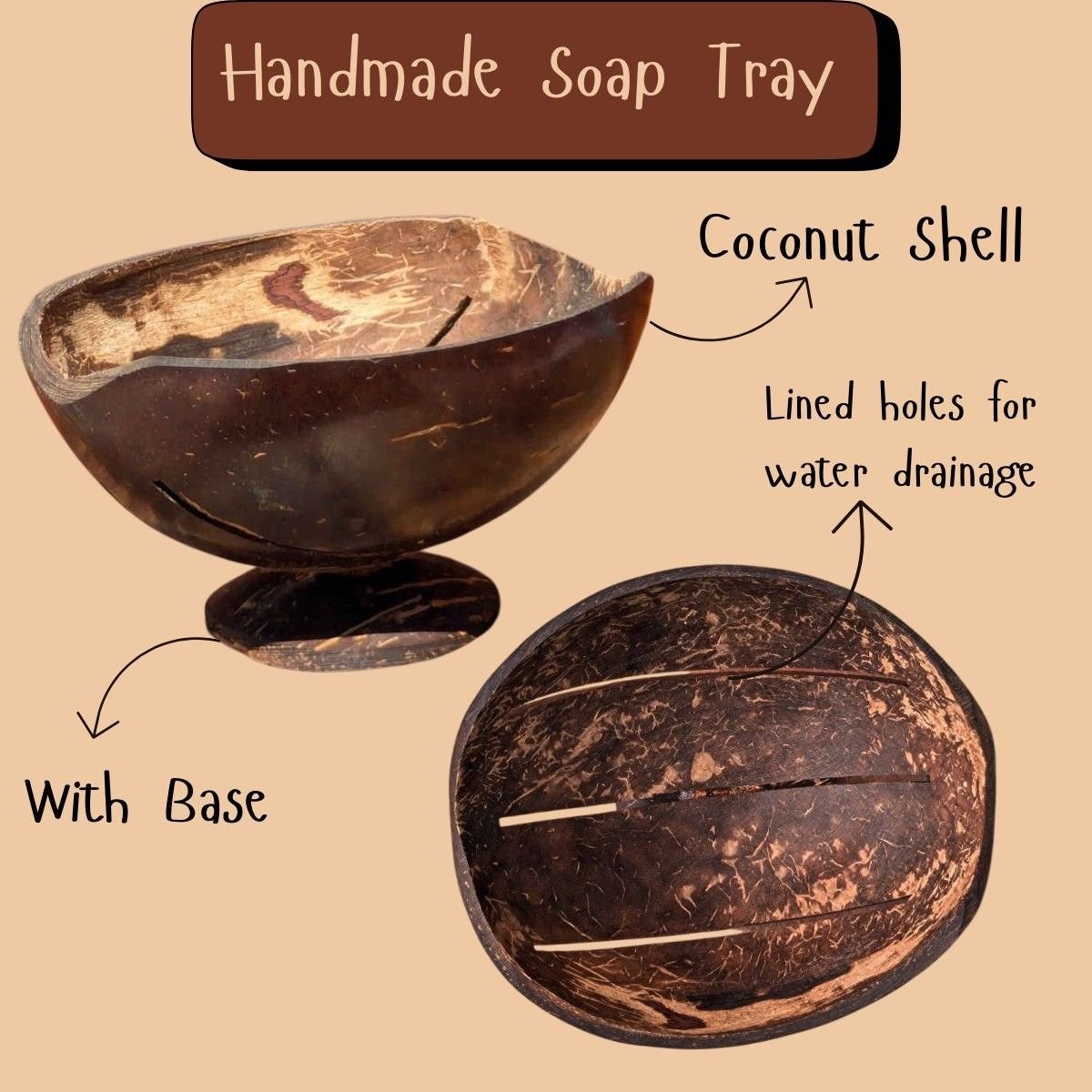







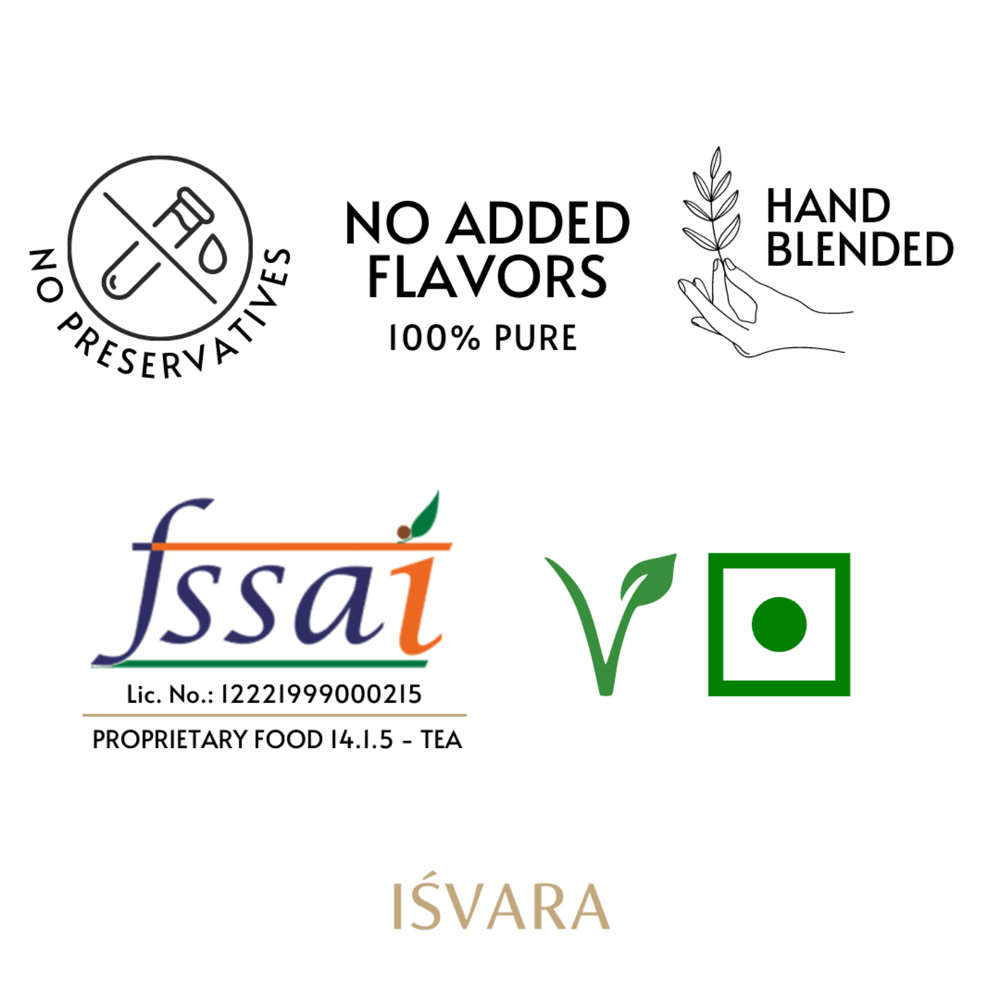
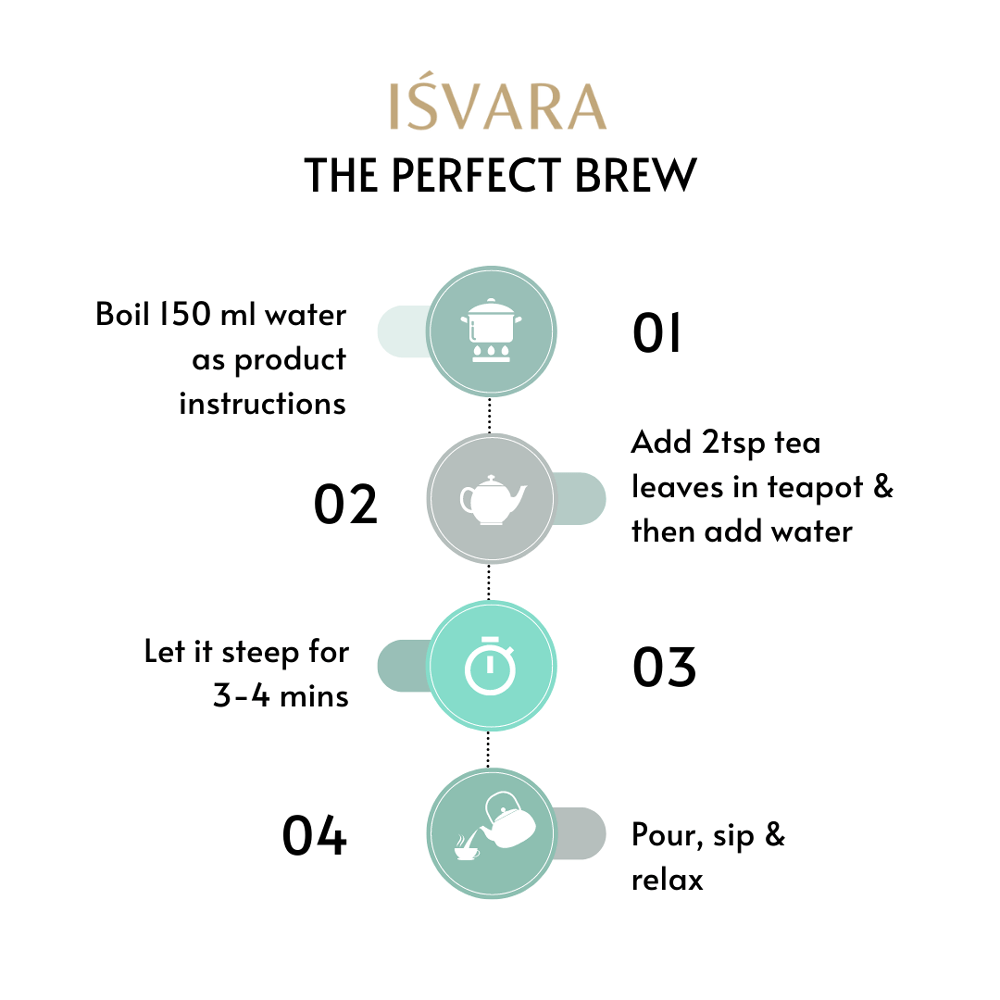
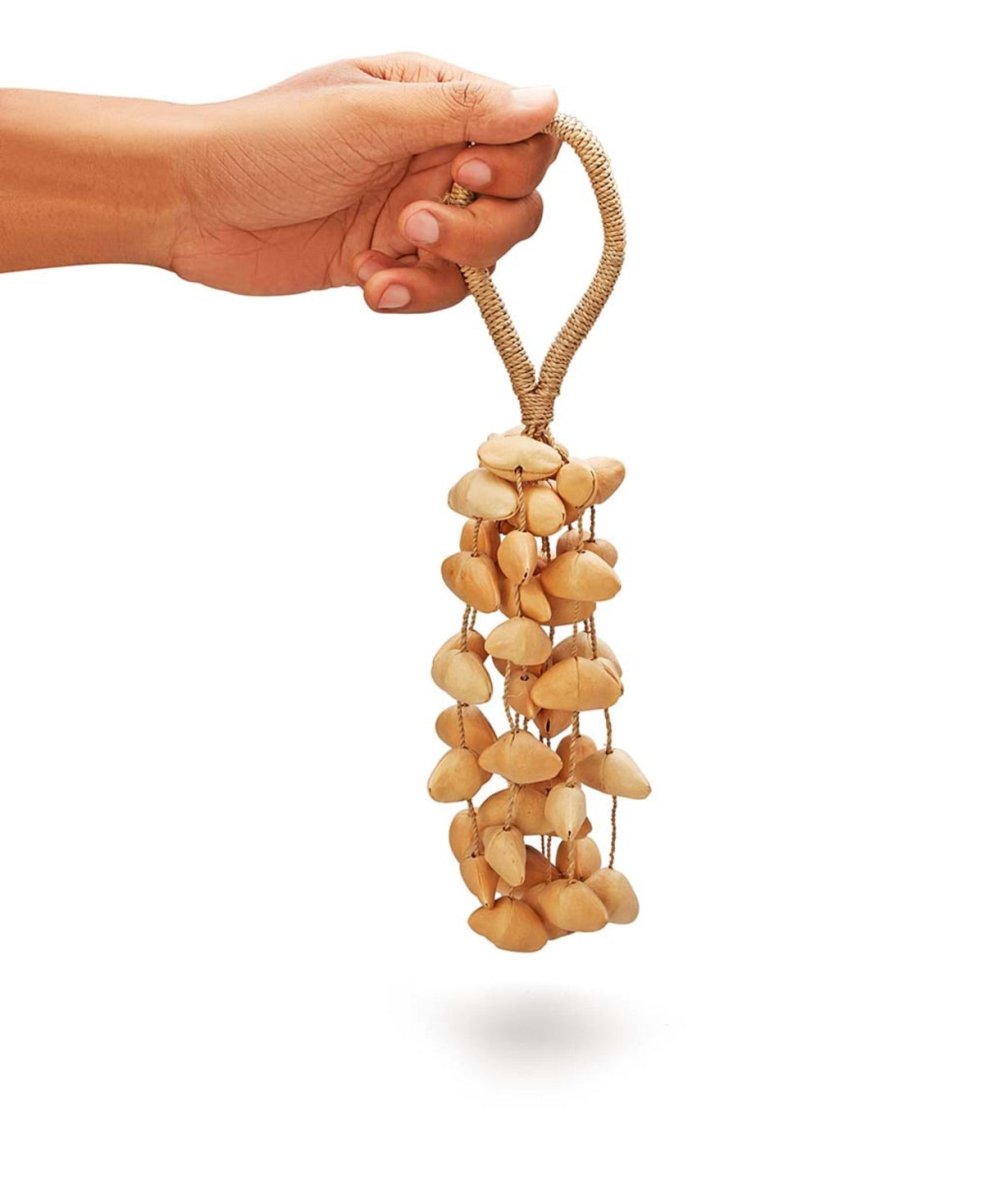
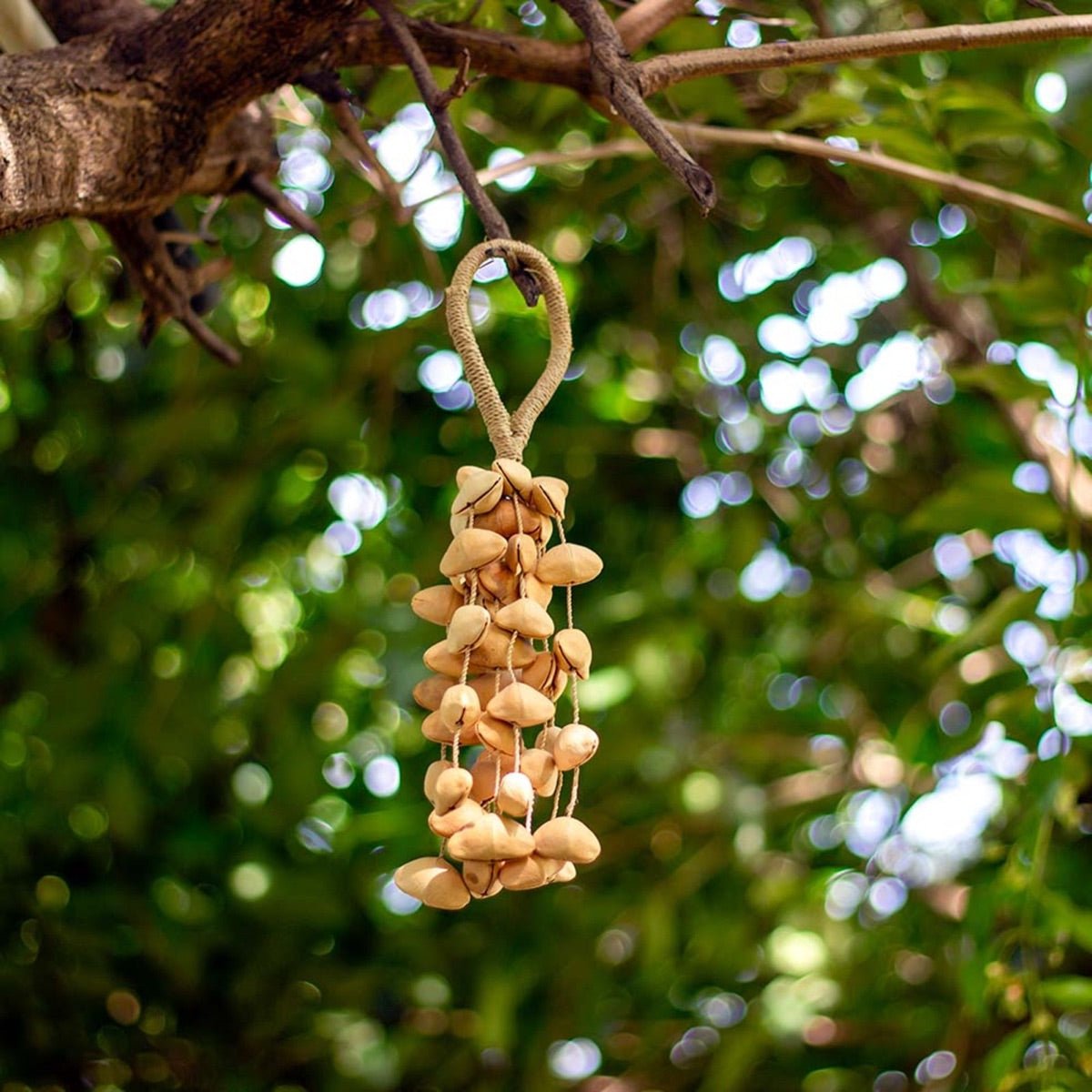

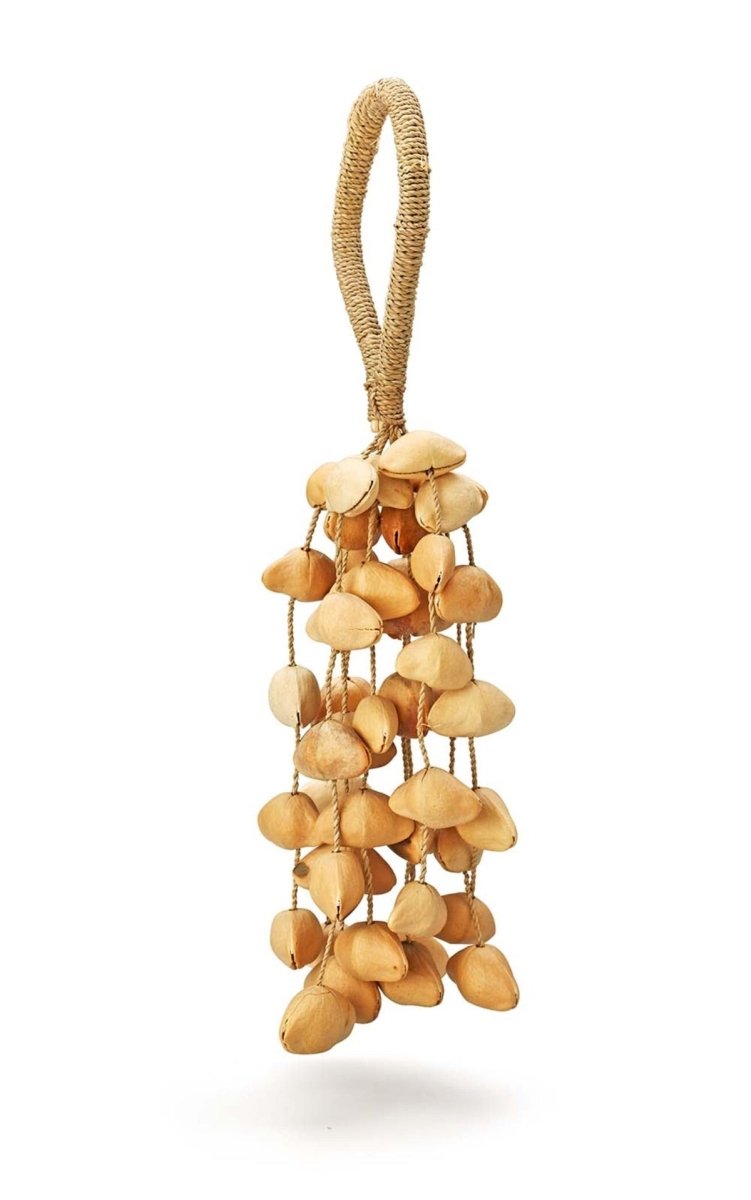




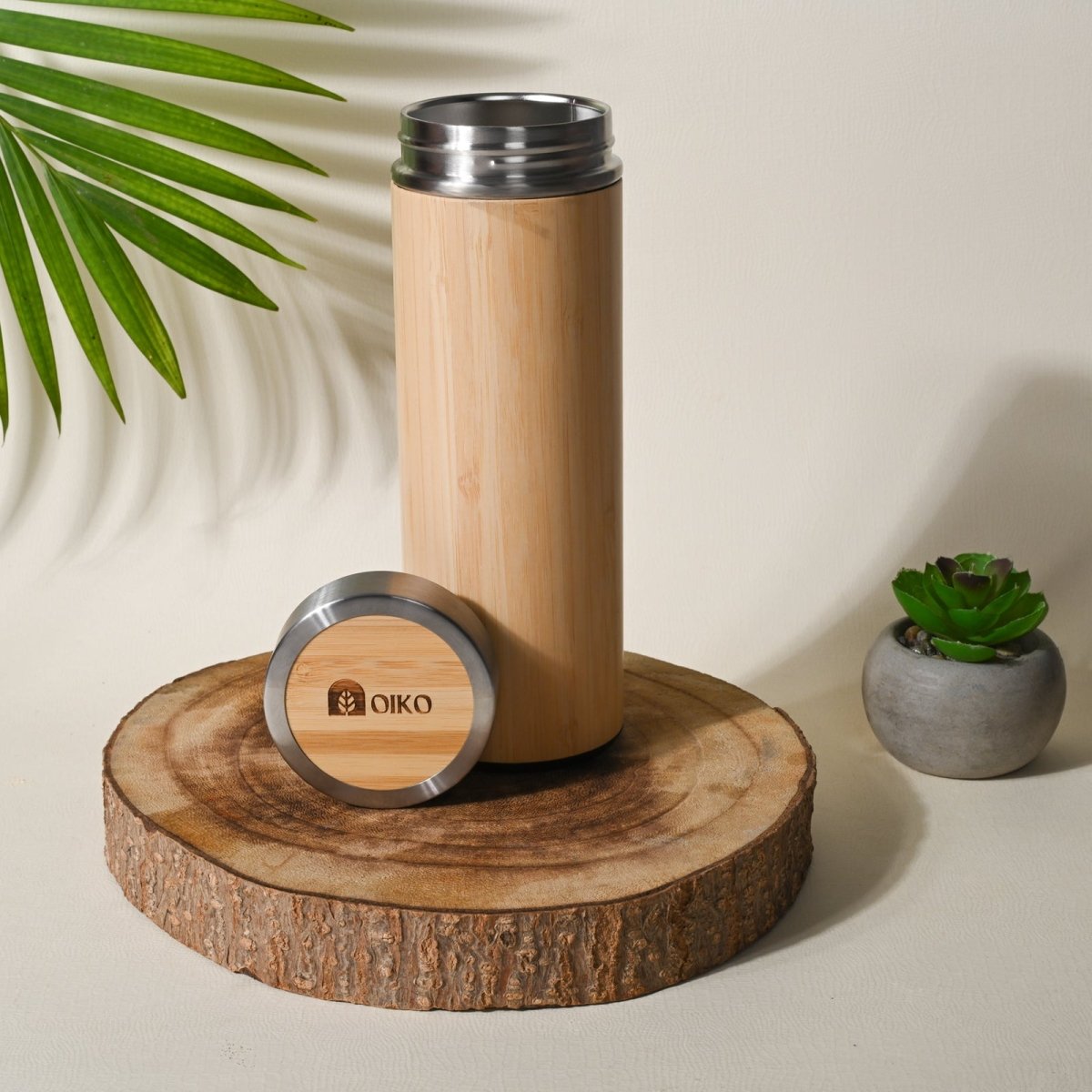
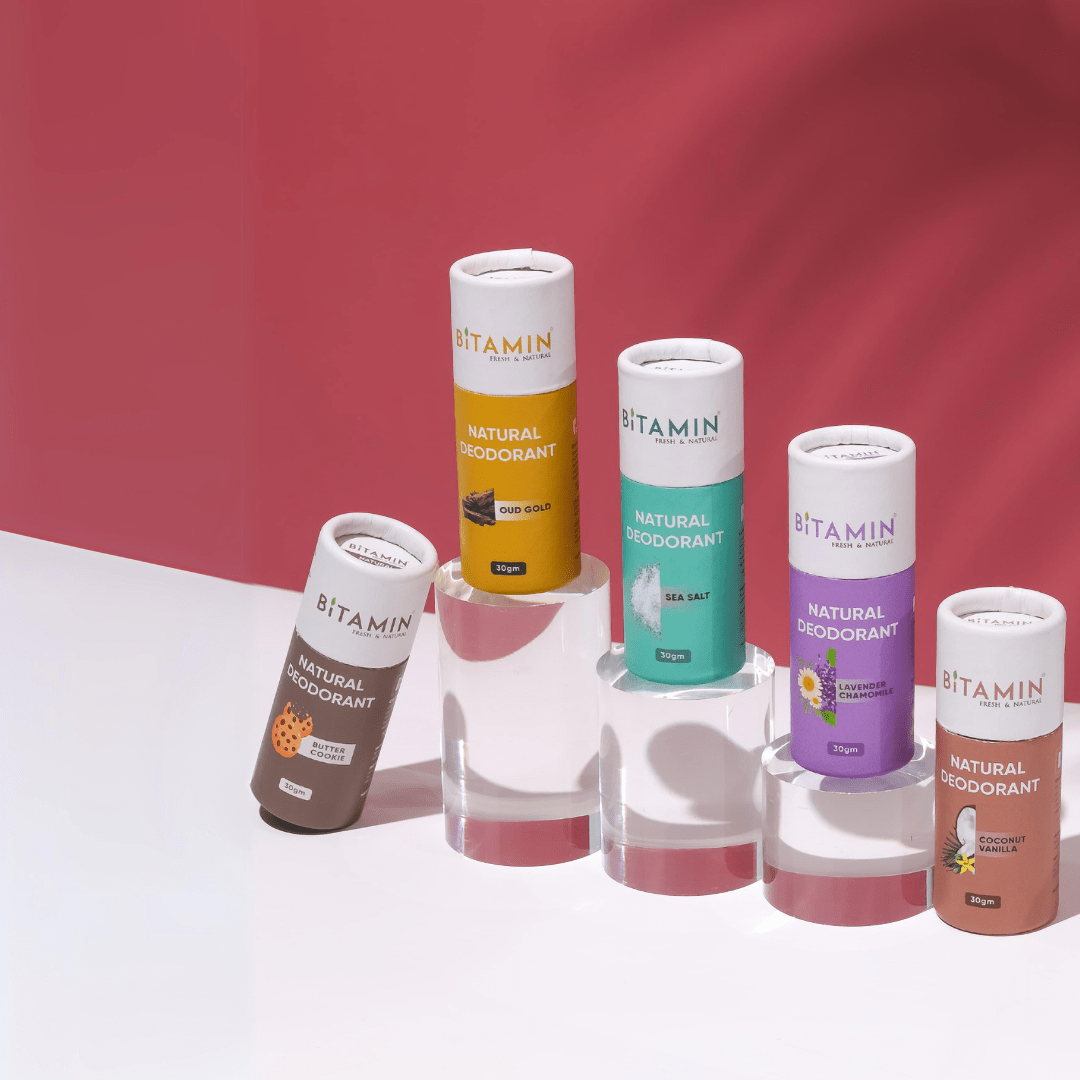





Share:
Top 7 Eco-friendly Decoration Ideas for Navratri
DIY Organic Trail Mix: A Healthy Snack for Any Occasion